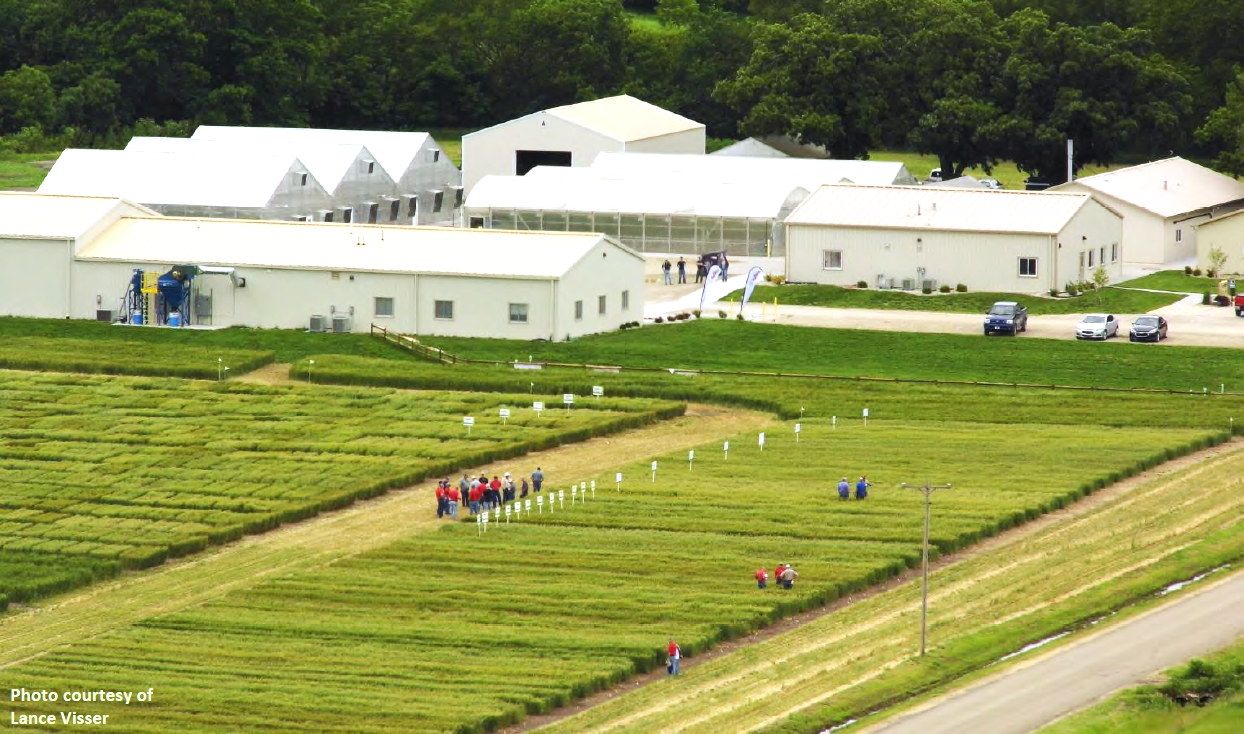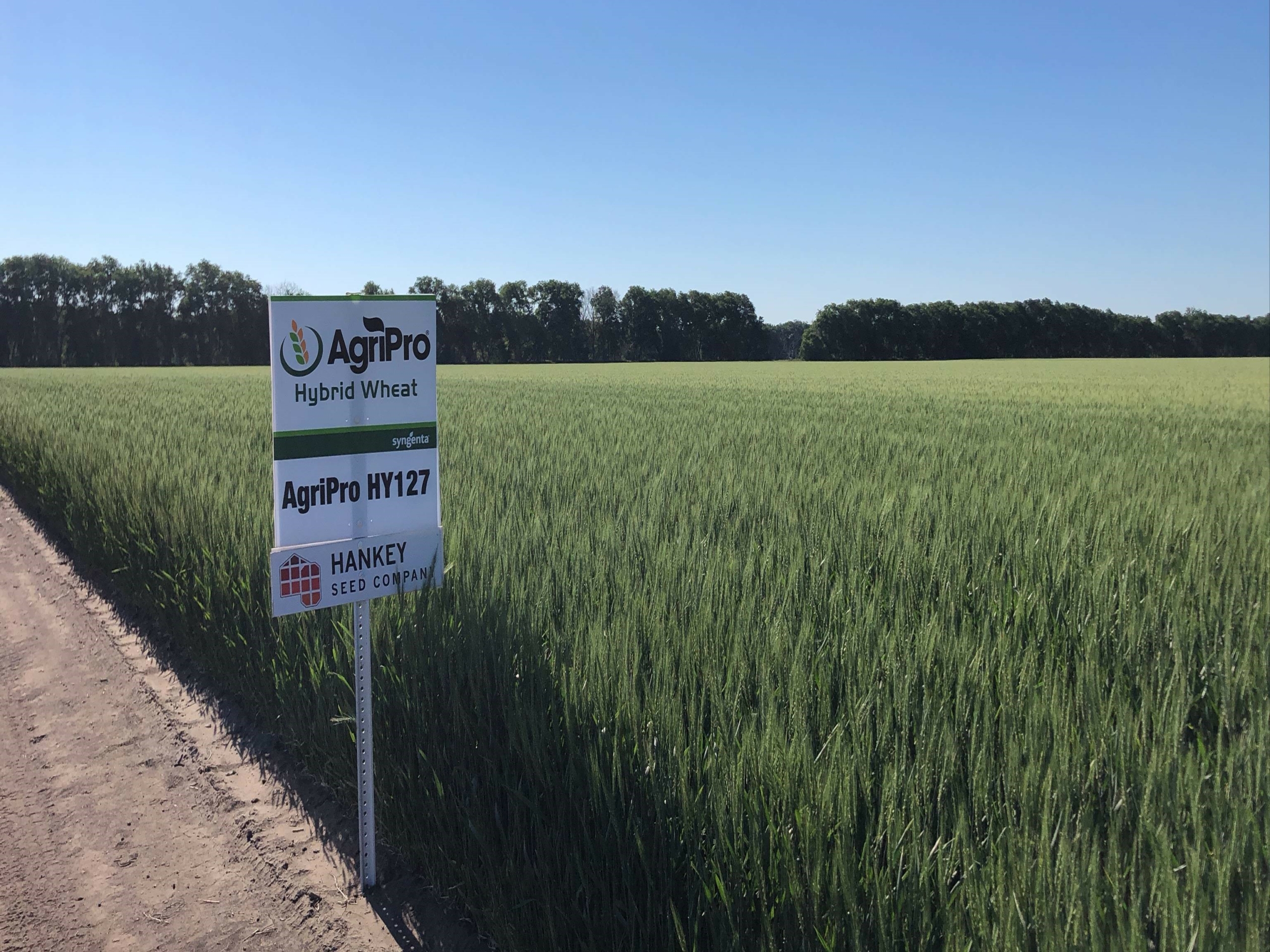U.S. Wheat Associates (USW) is encouraged that technology company Syngenta expects to have commercial-scale hard red spring (HRS) and hard red winter (HRW) hybrid wheat seed available for U.S. farmers within the next three years.
Hybrid wheat’s primary value is demonstrated in a productive yield increase. This is needed by farmers around the world to offset the currently limited profitability of growing single-line wheat varieties. It is also needed to continue meeting record-setting use of wheat by a growing global population.
Jon Rich, head of hybrid wheat operations at Syngenta, recently told Successful Farming magazine that hybrid wheat should increase yields by 10% to 12% over current varieties. He said there is also the potential for more stable production across a variety of growing conditions. Hybridization also allows breeders to “stack” native and non-GM traits into wheat seed more precisely and efficiently than other breeding methods.
In addition to disease and insect resistance, and functional quality improvement, Rich said “we’re looking at sustainability traits, such as nitrogen use efficiency and water use efficiency,” something that could be very valuable in the future.
Spring Wheat Hybrids First
USW member state commissions in the norther plains have confirmed that several farmers worked with Syngenta to plant hybrid HRS wheat in 2022. Additional hybrid “proof of performance” testing will continue this year on an estimated 1,000 acres according to the company’s head of North American cereals, Paul Morano. He told Successful Farming he expects two hybrid HRS lines will be available for a full launch in 2025.
Morano said similar testing with HRW hybrid lines will take place with the 2023/24 and 2024/25 crops with a full commercial launch expected in 2026 in two Syngenta AgriPro® hybrid lines.

Challenging Research
There is no doubt that hybrid wheat development has had its challenges. With a complex plant like wheat with three whole genomes in each cell and often six copies of each gene, that process is quite complex. The work requires many years and collaboration with a wide range of scientific disciplines, including wheat quality specialists who test the wheat for grade and functional milling, baking, and processing standards.
In 2018, USW was encouraged by hybrid research by Bayer Crop Science that was later transferred to BASF. Unfortunately, on March 1, 2023, BASF announced it was abandoning its North American hybrid wheat research, and the scientists who were conducting the work.
While hybrid wheat will have to prove itself in widespread, commercial use, it is good news for farmers and their customers that Syngenta is making a proper start.
“As we start to learn about this technology – and what else it can deliver to the farmer above and beyond yield, and how can we leverage the other inputs they put onto their crop – that’s a really big deal,” Rich said.
Photo at top of this page courtesy of Syngenta


